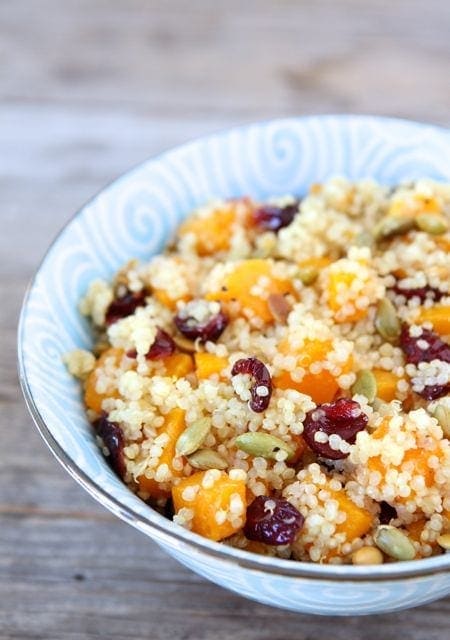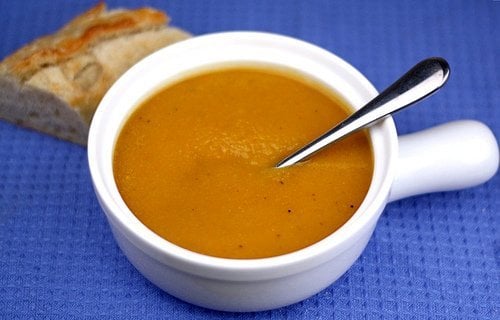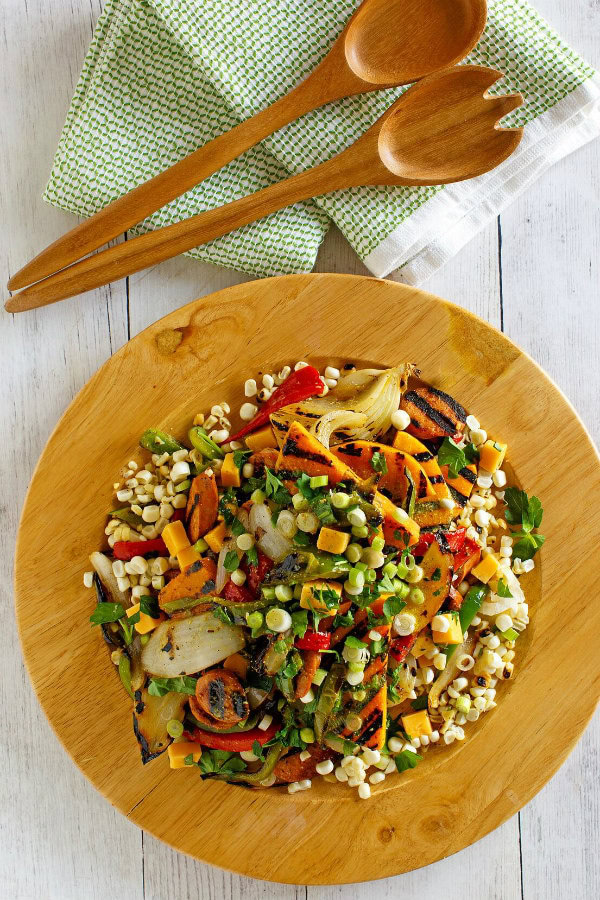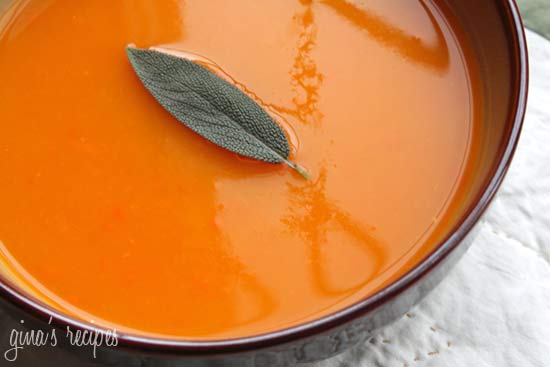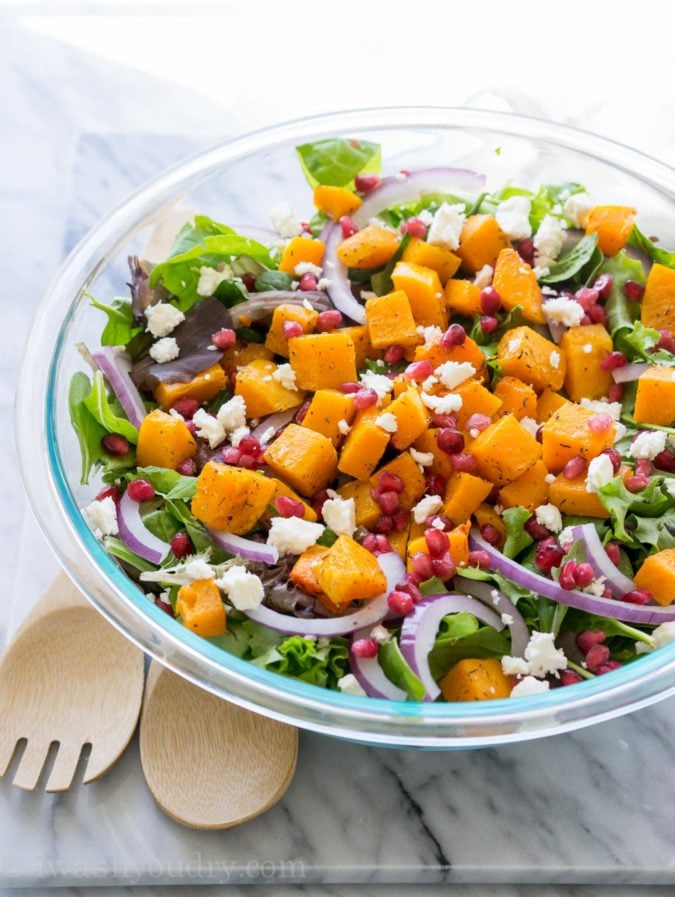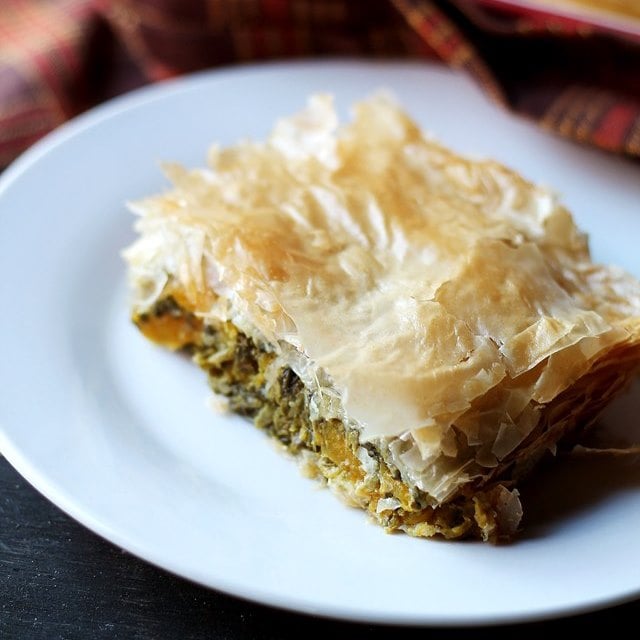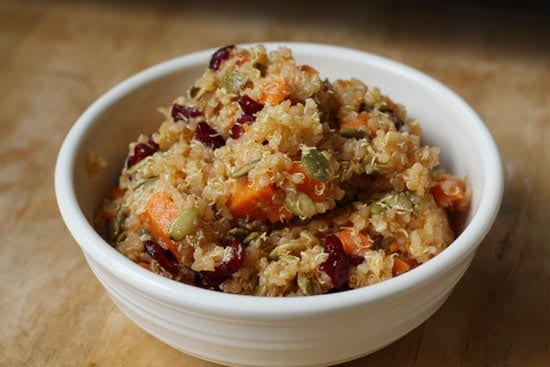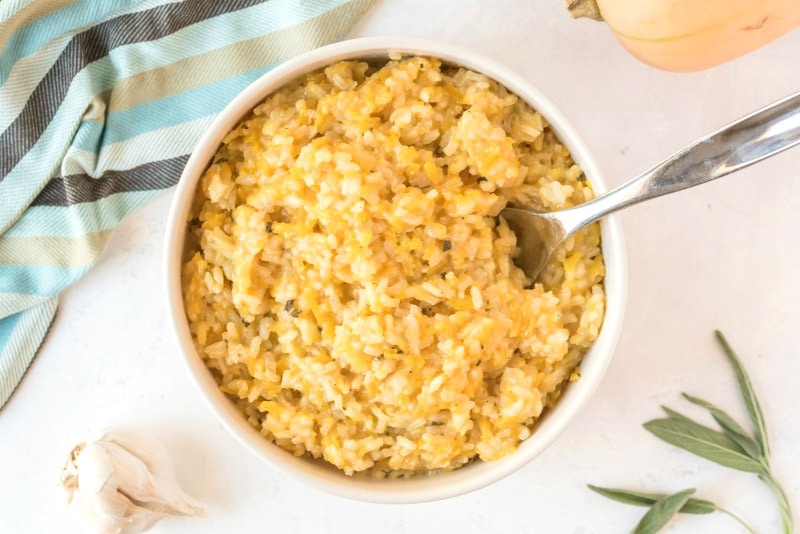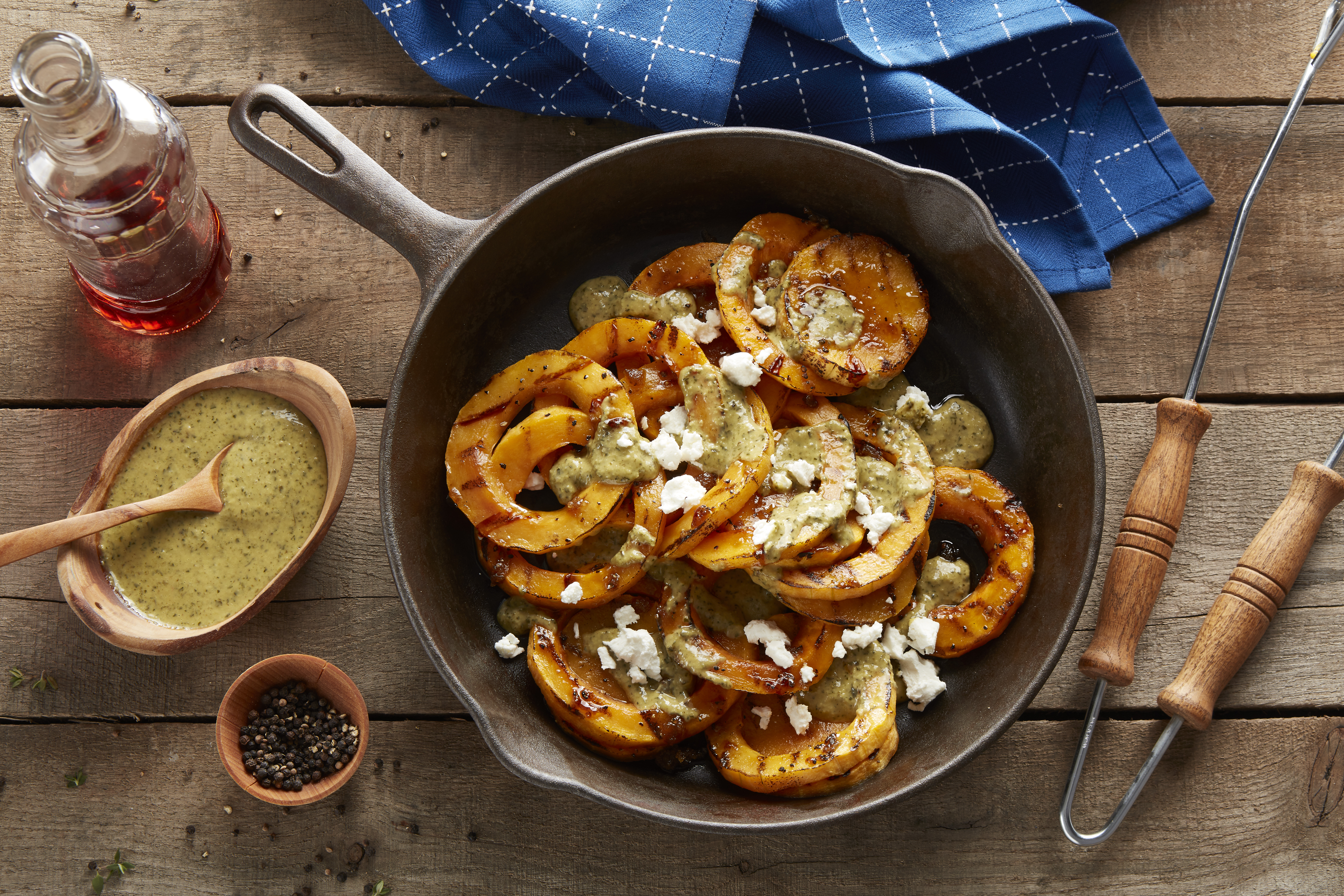Butternut Squash: Important Facts, Health Benefits, and Recipes
Explore the health benefits, culinary uses, and history of butternut squash in our ultimate guide, and learn how to incorporate this nutritious ingredient into your daily life.
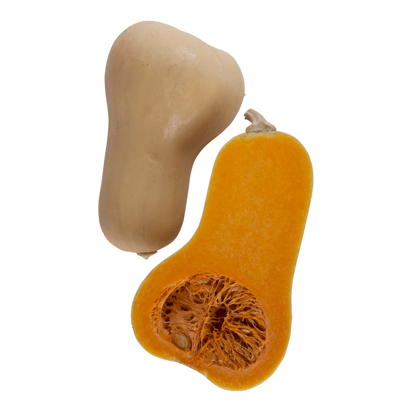
Nutritional Facts
1 medium squash
Amount per serving
Calories
510.3
Carbohydrates
132.6 g
Fat
1.1 g
Protein
11.3 g
Saturated Fat
0.2 g
Sodium
45.4 mg
Fiber
22.7 g
Sugar
24.9 g
Best Butternut Squash Recipes
-

-
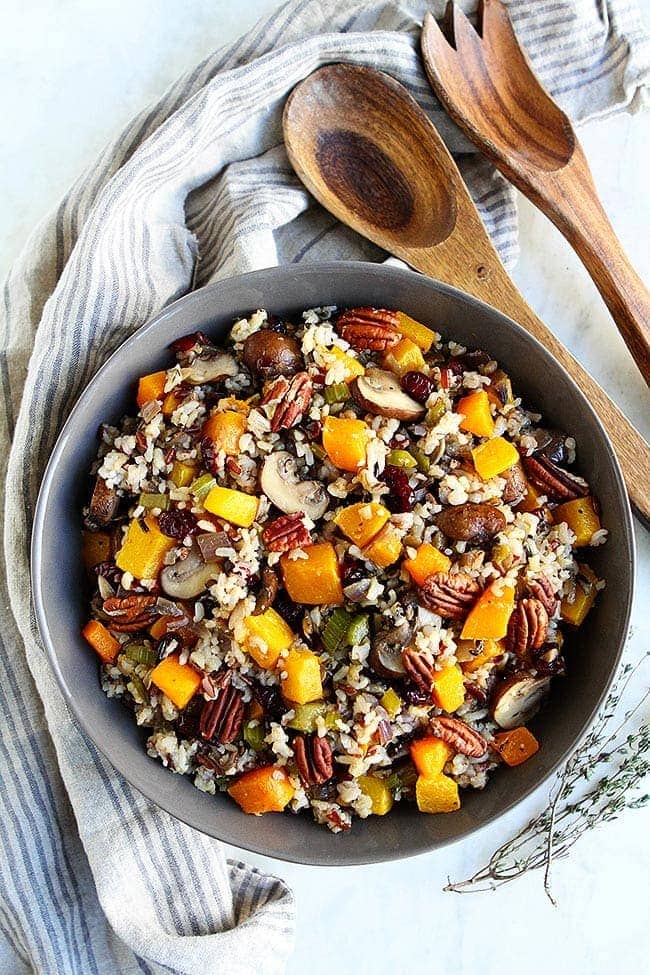
-
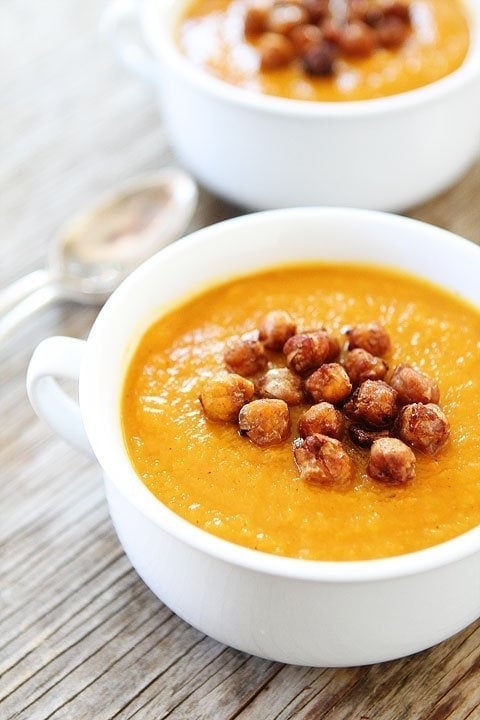
-
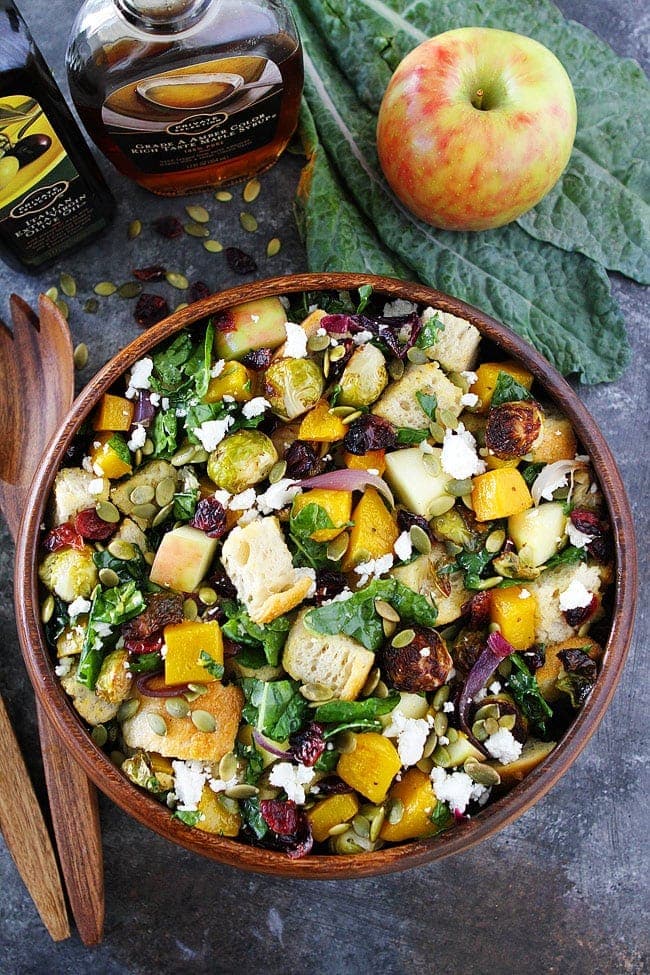
-
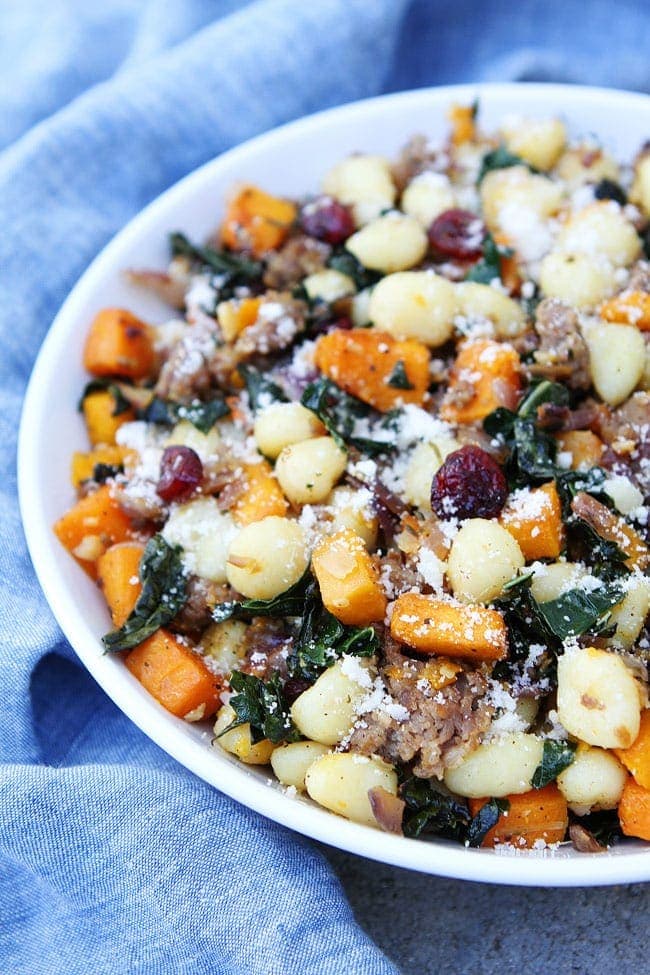
-
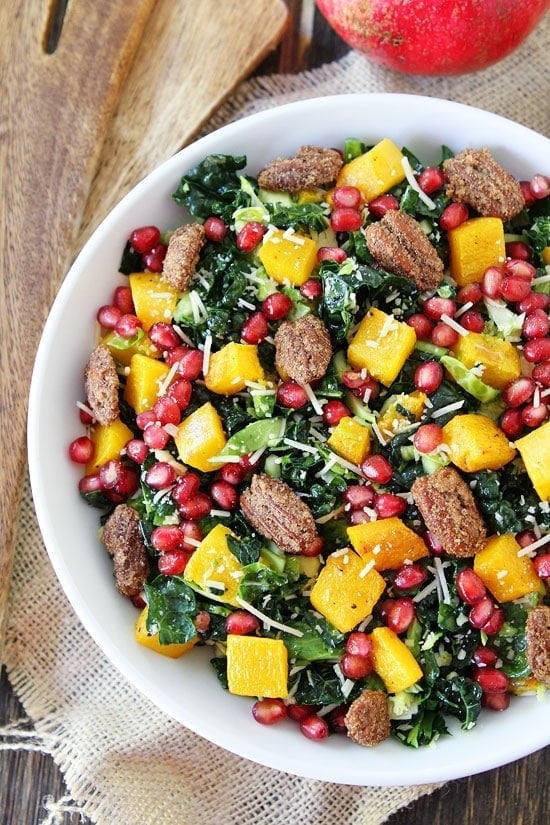
-
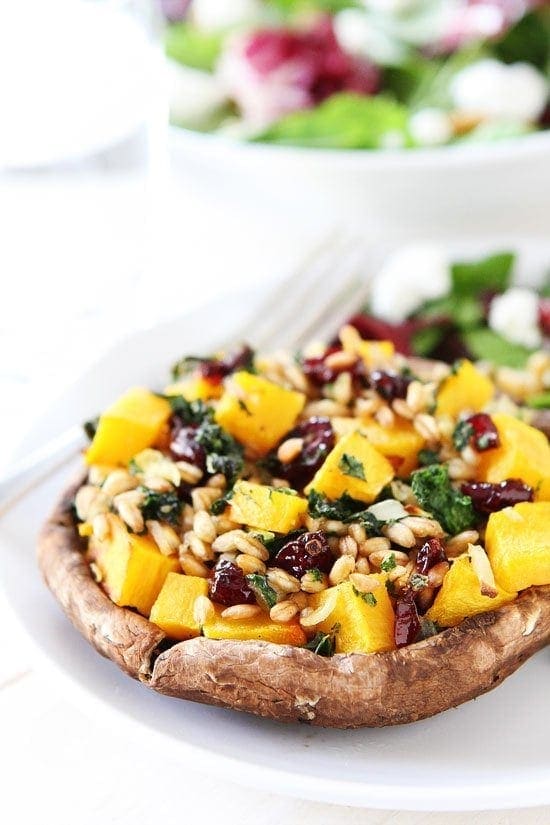
-

-
![Quinoa Salad with Butternut Squash, Dried Cranberries & Pepitas Image]()
-
![Butternut Squash Black Bean Tostadas Image]()
-
![Butternut Squash Mac and Cheese Image]()
-
![Maple Roasted Butternut Squash & Apple Salad Image]()
-
![Roasted Butternut Squash Orzo Salad Image]()
-
![Roasted Butternut Squash and Sweet Potato Soup Image]()
-
![Spiralized Butternut Squash and Apple Salad with Turkey Image]()
-
![Creamy Instant Pot Mac and Cheese Image]()
-
![Autumn Cobb Salad Image]()
-
![Miso Roasted Butternut Squash Image]()
-
![Butternut Squash Spread on Baguette Slices Image]()
-
![Grilled Corn Dog Salad Image]()
-
![Butternut Squash Soup with Sage Image]()
-
![Butternut Squash Fall Salad Image]()
-
![Butternut Squash and Spinach Pie Image]()
-
![Roasted Butternut Squash Tart Image]()
-
![Squash and Kale Stew Image]()
-
![Winter Squash Ravioli Image]()
-
![Root Vegetable Hash Image]()
-
![Quinoa Salad Image]()
-
![Hearty Vegetable Soup Image]()
-
![Creamy Tortellini Butternut Squash Soup Image]()
-
![Root Vegetable Bake Image]()
-
![Vegetarian Roasted Butternut Squash Spaghetti Image]()
-
![Winter Roasted Butternut Squash Kale Salad Image]()
-
![Tossed Butternut Brussels Sprouts Salad Image]()
-
![Rosemary Butternut Squash Pear Soup Image]()
-
![Turkey-Feta Meatballs Image]()
-
![Squash and Greens Winter Lasagna Image]()
-
![Orzo Risotto with Winter Squash Image]()
-
![Slow Cooker Thai Chicken Image]()
-
![Butternut Sage Baked Pasta Image]()
-
![Butternut Squash Risotto Image]()
-
![Butternut Squash Stew with Chickpeas Image]()
-
![Twice Baked Butternut Squash Image]()
-
![Curried Quinoa With Butternut Squash And Chickpeas Image]()
-
![Charcoal Grilled Butternut Squash with Chimichurri and Goat Cheese Image]()
-
![Braised Apple Cider Turkey Image]()
-
![Turkey and Butternut Squash Curry Image]()
-
![Plant Based Vegan Butternut Squash Soup Image]()


